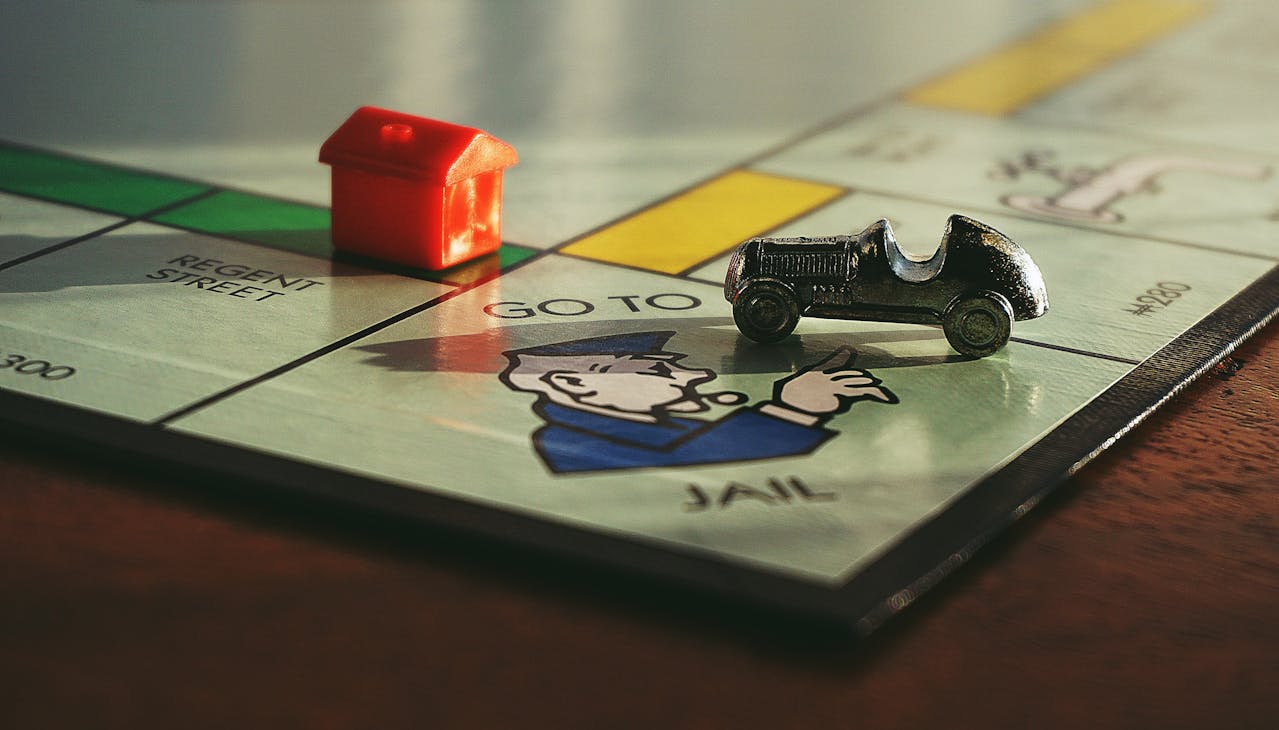Public relations plays a vital role in the board game industry, where success often depends on building strong communities and generating authentic buzz. Small publishers and independent game creators face the challenge of standing out in a market that releases over 4,000 new titles annually. PR strategies like community game nights, influencer partnerships, and active social media engagement help board games gain visibility and connect with potential players. These approaches work together to create word-of-mouth marketing, establish brand recognition, and drive sales through authentic community building rather than traditional advertising alone.
PR Overview
Building Community Through Game Nights
Local game nights serve as powerful PR tools for board game creators and publishers. These events create direct connections between games and players while generating valuable word-of-mouth marketing. Regular gaming meetups at local stores, libraries, or community centers give potential customers hands-on experience with new titles.
When organizing game nights, location selection matters significantly. Partner with established gaming stores to tap into existing player communities. Libraries and community centers often welcome gaming events that align with their mission of bringing people together. Consider venues with adequate table space, good lighting, and a welcoming atmosphere that encourages social interaction.
Structure your game nights to maximize engagement. Start with quick, accessible games to warm up the crowd before introducing more complex titles. Train volunteers or staff members to teach rules effectively, reducing the barrier to entry for new players. Document these events through photos and videos to share on social media, extending their impact beyond the in-person attendees.
Consistency builds momentum for community game nights. Schedule regular events that players can count on, whether weekly, monthly, or quarterly. This reliability helps form habits and creates anticipation for each gathering. Track attendance patterns and gather feedback to optimize timing and format for your local community.
Leveraging YouTube and Influencer Partnerships
Content creators on YouTube and other platforms can significantly boost a board game’s visibility. According to industry data, gameplay videos and reviews from trusted creators often directly influence purchasing decisions in the board gaming community.
Start by identifying creators whose audience aligns with your target market. Focus initially on micro-influencers with 10,000 to 50,000 followers who specialize in board game content. These creators often have highly engaged audiences and more reasonable partnership costs compared to larger channels.
When approaching content creators, provide clear value propositions. Send review copies well ahead of release dates, include all necessary components for quality video production, and offer exclusive information or behind-the-scenes content their audience would appreciate. Make it easy for creators to produce compelling content about your game.
Track the performance of influencer collaborations through unique promotional codes or landing pages. This data helps measure return on investment and informs future partnership decisions. Successful collaborations often lead to long-term relationships that benefit both parties.
Social media platforms offer direct channels to engage with board game enthusiasts. Facebook groups, Reddit communities, and Discord servers create spaces for players to discuss strategies, share experiences, and connect with fellow fans.
Create platform-specific content that adds value to these communities. Share setup tutorials, strategy tips, or behind-the-scenes glimpses into game development. Encourage user-generated content by featuring player stories, custom components, or creative game modifications.
Maintain active community management across platforms. Respond promptly to questions and comments, moderate discussions professionally, and address concerns transparently. This engagement builds trust and shows commitment to the community’s experience with your game.
Organizing Online Events and Tournaments
Virtual events complement physical game nights and reach players globally. Online tournaments, digital playthroughs, and live-streamed demonstrations keep communities engaged between in-person gatherings.
Design online events that highlight your game’s unique features. Use platforms like Tabletop Simulator or dedicated apps to facilitate remote play. Consider time zones when scheduling to accommodate international participants.
Create clear guidelines for online competitions, including rules explanations, tournament structures, and prize information. Document and share results through social media to celebrate participants and maintain excitement between events.
Media Relations and Press Coverage
Traditional media coverage remains valuable for board game promotion. Local news outlets often cover community events, while industry publications reach dedicated gaming audiences.
Develop newsworthy angles for your game beyond basic product announcements. Focus on human interest stories, educational applications, or community impact. For example, highlight how your game brings families together or supports learning objectives.
Build relationships with journalists who cover gaming and entertainment. Provide them with quality press materials, including high-resolution images, clear rule explanations, and compelling background information. Follow up professionally and respect their editorial independence.
Measuring PR Success
Track key metrics to evaluate your PR efforts’ effectiveness. Monitor sales data, social media engagement, event attendance, and media mentions to assess impact and adjust strategies accordingly.
Use analytics tools to measure website traffic from various PR activities. Set up tracking codes for different campaigns to identify which approaches drive the most interest and sales. Compare results against industry benchmarks to gauge performance.
Collect qualitative feedback through surveys, community discussions, and direct player interactions. This information provides context for numerical data and helps identify areas for improvement in your PR approach.
Conclusion
Successful board game PR requires a multi-faceted approach combining in-person events, digital engagement, and strategic partnerships. Focus on building genuine connections with players through regular community activities. Partner with content creators who share your passion for gaming. Maintain consistent, valuable presence across social media platforms.
Start by implementing one or two strategies thoroughly rather than attempting everything at once. Monitor results carefully and adjust based on community feedback. Remember that building a strong, supportive player base takes time but creates lasting value for your game.
Consider your next steps: identify potential venues for community game nights, research relevant content creators in your game’s genre, or establish your social media presence. Choose the approach that best matches your resources and community’s needs, then execute it consistently and authentically.
Building And Maintaining A Loyal Community Around Boards Game Through Social Media And Online Forums
Public relations plays a vital role in the board game industry, where success often depends on...
Using PR to Promote Supplements for Niche Markets
PR strategies play a vital role in promoting supplements to niche markets, where targeted...
Building Unshakeable Brand Loyalty: A PR Strategy Guide for Supplement Companies
Building brand loyalty for supplement companies requires a strategic blend of public relations,...



